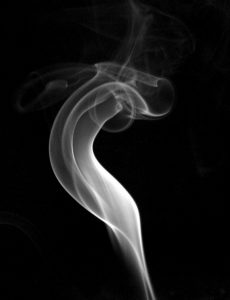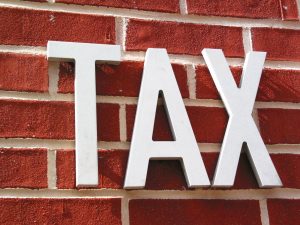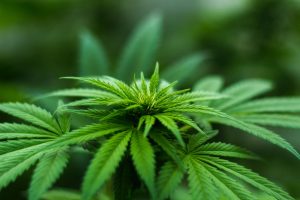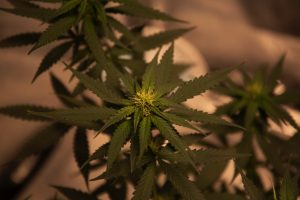Manufacturers of THC vape cartridges should be alert to the fact that the industry could be facing a wave of product liability lawsuits, if headlines and recent filings are any indication. 
Recently, a police officer/former U.S. Army Special Forces servicemember filed a product liability lawsuit in Washington State against numerous THC vape cartridge manufacturers, alleging he contracted a condition known as lipoid pneumonia as the result of using the vape cartridges. According to court records in Wilcoxson v. Canna Brand Solutions LLC et al., plaintiff began using a number of cannabis vapor products in January 2018, and continued use through September 2019. He suddenly woke up one night wheezing uncontrollably. When symptoms didn’t improve, he went to the emergency room. He was given the pneumonia diagnosis, and the pathology report noted indicators of a reactive airway disease that doctors traced to the vape pens. He was hospitalized for three days, and while he did return to work, it’s only been part-time and on light duty, as he can no longer run. The full extent of his injuries, the lawsuit says, is not yet known.
Asserting negligence and strict liability against a number of defendants, plaintiff accuses the manufacturers of producing and selling a product that was defectively designed, unreasonably dangerous, unfit for human use and that caused his illness.
The defendants in the case are listed as jointly and severally liable, which as our Los Angeles marijuana lawyers can explain means that a single defendant can be held legally responsible to pay damages caused by other defendants. This civil litigation strategy is often used when there isn’t enough reliable/scientific evidence to prove medical causation of one’s illness against any single defendant. (We saw this exact thing in tobacco and asbestos toxic torts.) It’s beneficial for the plaintiff too because if one defendant goes bankrupt or defunct or can’t be found, any of the others can be responsible to pay their share. Continue reading

 Cannabis Law Group's Medical Marijuana Legal Blog
Cannabis Law Group's Medical Marijuana Legal Blog





 California vaping brand, Kushy Punch, has had its cannabis license revoked after state cannabis regulators raided its premises and found the company to be conducting business from a facility that it was not licensed to use.
California vaping brand, Kushy Punch, has had its cannabis license revoked after state cannabis regulators raided its premises and found the company to be conducting business from a facility that it was not licensed to use. This month, California has shown an increase in law enforcement activity targeting illegal marijuana growers. A statement from the California Attorney General’s Office said that on November 4, 148 people were arrested by local, state and federal law enforcement officers.
This month, California has shown an increase in law enforcement activity targeting illegal marijuana growers. A statement from the California Attorney General’s Office said that on November 4, 148 people were arrested by local, state and federal law enforcement officers.





